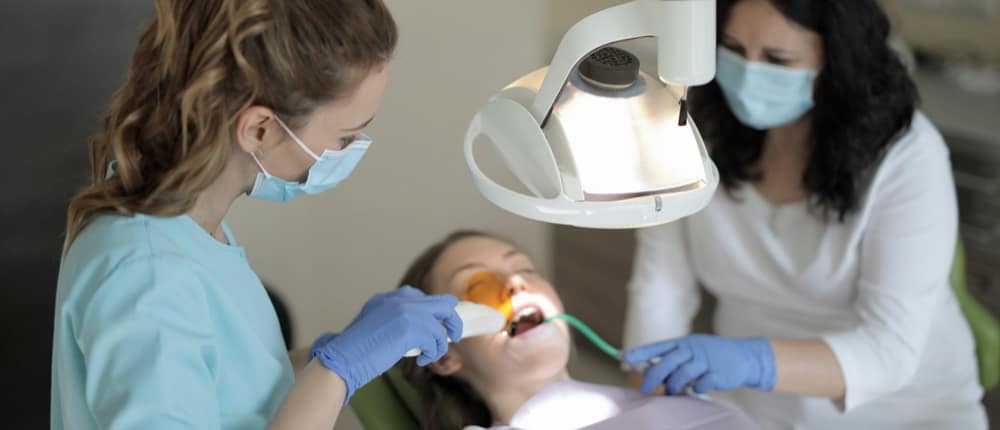
It is necessary to find a quality registered dentist (tandarts) right away when you move to the Netherlands for work, because it is important to maintain strong and healthy teeth and gums. And you don’t want to wait until you need dental care to find one.
For all youths up to the age of 18 the costs of dental care will be reimbursed under the basic insurance. From the age of 18 onwards you will have to pay for dental care yourself or take out supplementary insurance.
Supplementary dental insurance
In most cases the basic healthcare insurance does not cover the costs of dental care. Even the periodic check-ups are not included in the basic package in the Netherlands. Orthodontics and implants are not included either.
Dental insurance is not compulsory
Many people do not need supplementary dental insurance at all. It is not compulsory either. Do you have healthy teeth? With dental insurance you usually pay more premium per month than you are reimbursed. Do you regularly visit the dentist for check-ups and have you rarely needed extra treatments? Then taking out dental insurance may be a waste of your money. Most times it is best to pay for check-ups and occasional treatment yourself.
How often do Dutch people visit the dentist?
Most Dutch people say that they visit the dentist one to three times a year. This is for check-ups, oral hygiene and other treatments together. One in three adults visit the dental hygienist every year.
Foreign dentists
While most Dutch people visit the dentist regularly, The Netherlands has a great shortage of dentists. That is why many dentists work here from abroad. Many German, Belgian, Spanish and Portuguese dentists work in the Netherlands. They were trained abroad and work in the Netherlands to make up for the shortage of Dutch dentists. But also because there is a surplus of dentists in some countries where there is less attention for oral hygiene.
This means that many dentists speak English, which is ideal for most expats. If you are an expat from Germany, Spain or Portugal you also have an advantage. Just choose a dental practice with a dentist from one of these countries and you can communicate in your mother tongue. There are also dental practices in the Netherlands that focus specifically on expats. If you like, choose an expat dentist.
